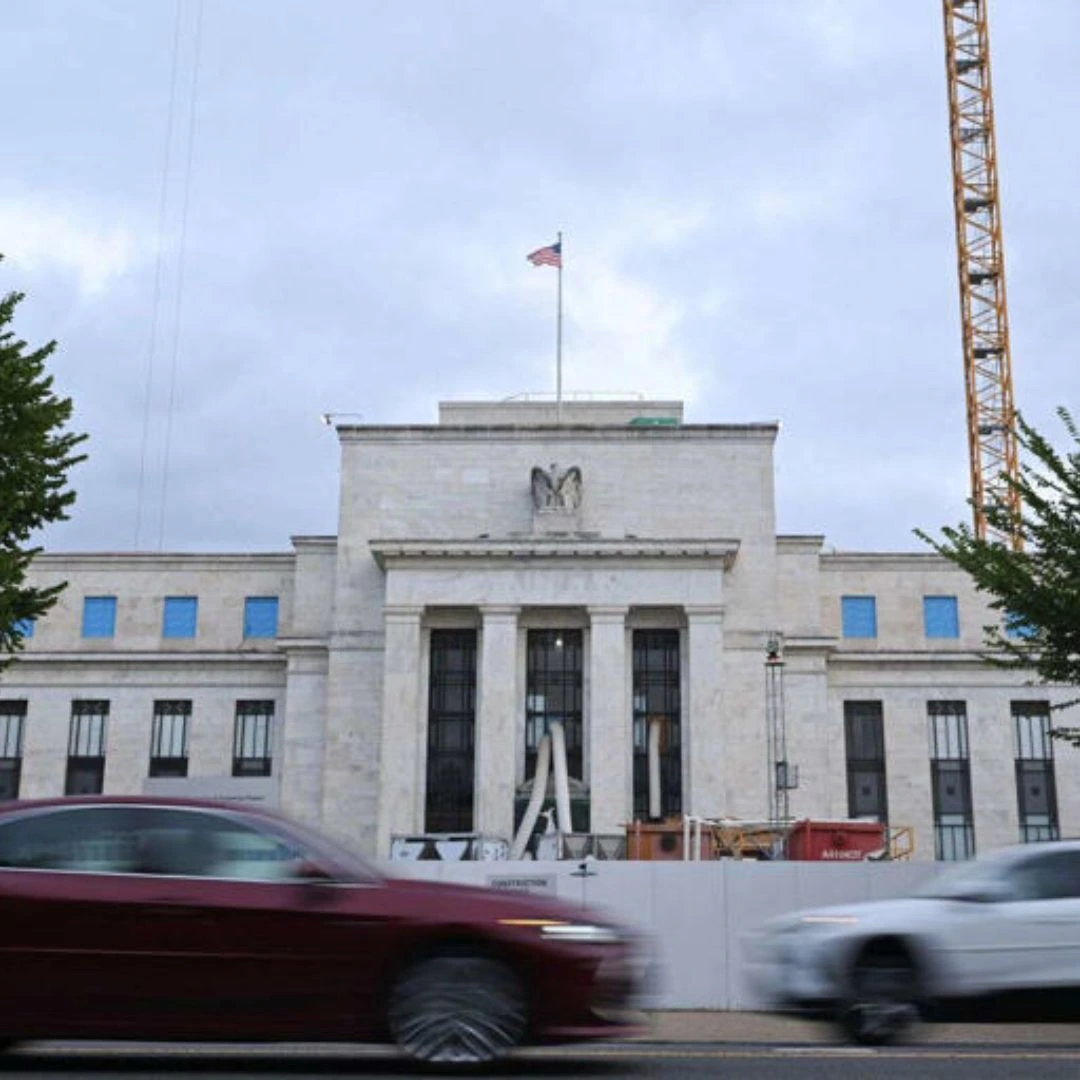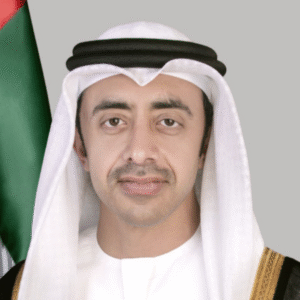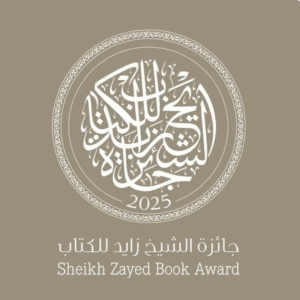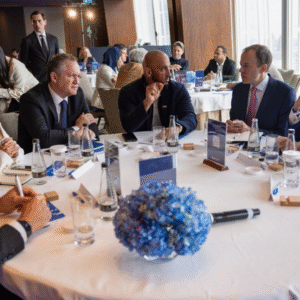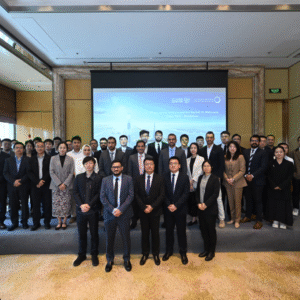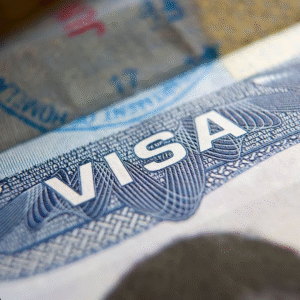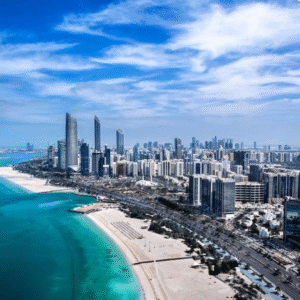The decision by the UAE Central Bank to cut interest rates to 4.9% reflects a strategic alignment with the monetary policy of the US Federal Reserve. This move is particularly significant given the UAE dirham’s peg to the US dollar, which means that the UAE’s monetary policy closely follows that of the United States. When the US Federal Reserve adjusts its rates, other countries with pegged currencies often mirror those changes to maintain economic stability and investor confidence.
Lowering interest rates can stimulate economic activity by making borrowing cheaper for individuals and businesses. This encourages spending and investment, which can lead to increased consumer demand, economic growth, and job creation. For many sectors, including real estate, retail, and small businesses, lower borrowing costs can significantly impact growth prospects. The banking sector may also benefit as lower rates can lead to increased lending activity.
This interest rate cut comes at a time when many economies are grappling with challenges such as inflation and slowing growth. By aligning with the US Fed’s policies, the UAE aims to ensure that its economy remains competitive and resilient in a changing global environment. The decision signals a proactive approach to support domestic economic conditions while also providing a buffer against potential external shocks.
In contrast, Kuwait’s decision to follow a basket of currencies rather than a single peg, like the dirham, indicates a different monetary policy strategy. This approach allows for greater flexibility in responding to fluctuations in global markets, but it also introduces complexities regarding stability and predictability.
Overall, the UAE Central Bank’s rate cut reflects a calculated response to current economic conditions and global trends. By prioritizing alignment with the US Fed, the UAE is positioning itself to enhance economic growth, support its banking sector, and maintain investor confidence. As the global economic landscape continues to evolve, such monetary policy decisions will be critical for fostering a stable and robust economy in the UAE.

